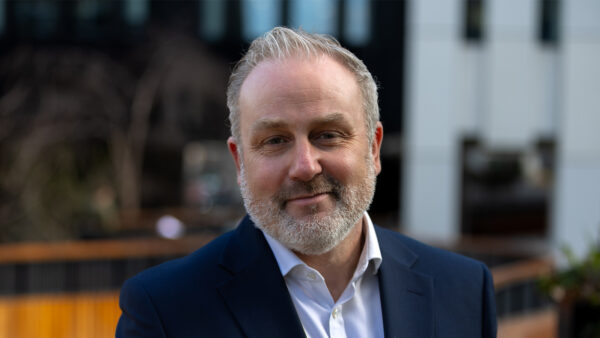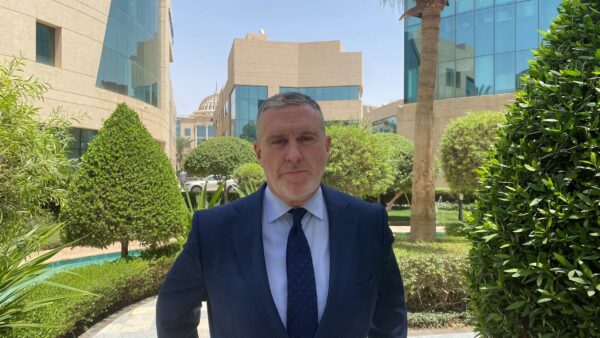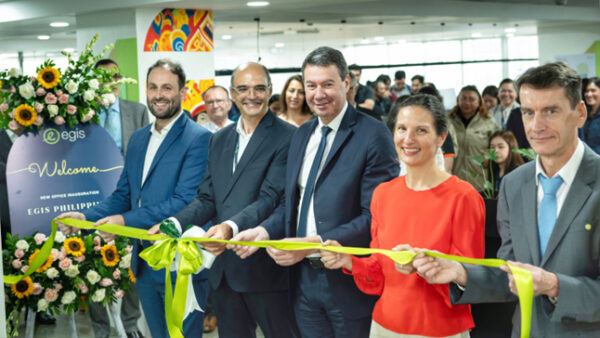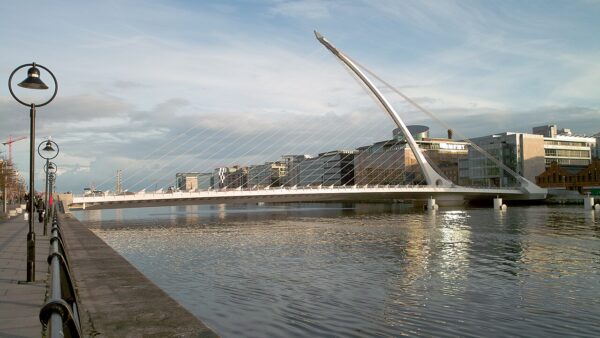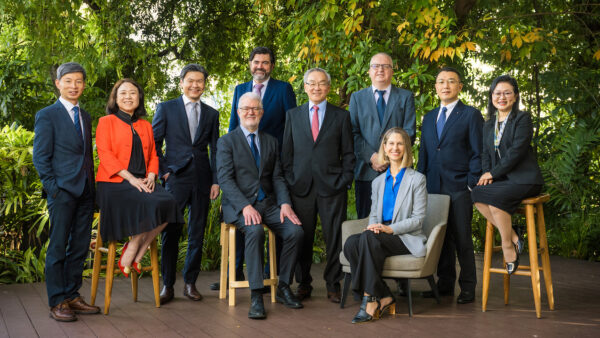French engineering giant Alstom has finally agreed a complex asset swapping deal with US rival GE – with the agreement of main shareholder Bouygues, a little help from the French government, and a great deal of criticism from the Germans.Â
The board of the heavy engineering company, which is seen as France’s national champion in the world of train and turbine manufacture, voted unanimously to accept the deal on Sunday.
The agreement will mean that GE sets up three joint ventures covering Alstom’s power grid business, its renewable energy operations and its nuclear steam turbines. In return, GE would buy $17bn of Alstom’s shares and transfer its rail signalling business. The French state will take a 20% stake in Alstom so as to retain a voice in the firm’s future strategy.Â
The deal, which is subject to the approval of Alstom staff and that of French and European regulators, will be finalised next year. It is GE’s largest ever acquisition.
The board was faced with a choice between the GE bid and a rival offer from an alliance between German engineer Siemens and Japan’s Mitsubishi Heavy Industries. Siemens and Mitsubishi had offered $11.2bn for the energy business.
This deal builds alliances rather than allowing France to become a giant shopping centre for foreign corporations– Arnaud Montebourg, French economy minister
Jeff Immelt, the chief executive of GE, said: “The alliance will retain and strengthen France’s presence in the energy business and reinforce Alstom Transport.” Arnaud Montebourg, the French economy minister, also argued that the deal would strengthen France’s manufacturing base. He said: “This is a way of organising ourselves in the face of globalisation. It builds alliances rather than allowing France to become a giant shopping centre for foreign corporations to come and prey on our companies.”
However, Peter Ramsauer, chairman of the German parliament’s economics committee, told German radio station Deutschlandfunk that the decision to reject the joint bid from Siemens and Mitsubishi was an example of “ice-cold national industrial interest, and the French government has clearly put its own national interests, one-sided French concerns, ahead of European interests”.Â
In a letter to Siemens staff obtained by Reuters, Joe Kaeser, Siemens’ chief executive, said he regretted that Alstom had not been open to Siemens’ proposal but that his company could now focus on its restructuring. He said: “That’s why we won’t particularly miss the ‘fight over Alstom’, as our negotiations have been dramatised in the public debate.”
Alstom, which makes France TGV train and 30% of all nuclear power turbines, has had a troubled history. In March this year, it announced that it was planning to cut about 3,000 jobs in Europe as part of an industrial restructuring plan. The cuts were to come from the firm’s Power Turbo-Systems division, which employs about 11,000 people. At the time, the firm was struggling to service about $6bn of debts, and it was this that prompted the decision to sell off the profitable energy transmission and distribution division and turbine business.Â
Qatar tram deal
There was some more good news for Alstom’s board today, following a decision by the government of Qatar to award a $2.7bn light rail deal to its transport division – which is not being sold – together with giant French contractor Vinci.Â
Alstom and Vinci are to install a tram system in the Lusail City, the new urban quarter planned about 20km north of Doha. The contract was signed by Qatar’s emir, Sheikh Tamim bin Hamad al-Thani, in front of journalists during a visit to Paris.
Lusail City, which has an estimated development value of $45bn, is expected to house up to 200,000 people and contain commercial districts including the $275m Marina Mall project, 22 hotels, four islands and two golf courses. The light rail system is to be completed between 2018 and 2020.
The city will also included the 80,000-seat Lusail Stadium, where the championship match of the 2022 World Cup soccer tournament will be played, it Qatar retains the tournament.
Asked whether France had raised the issue of worker conditions during the emir’s visit, a French official said, “We talk about everything with Qatar. There are no forbidden topics.”





